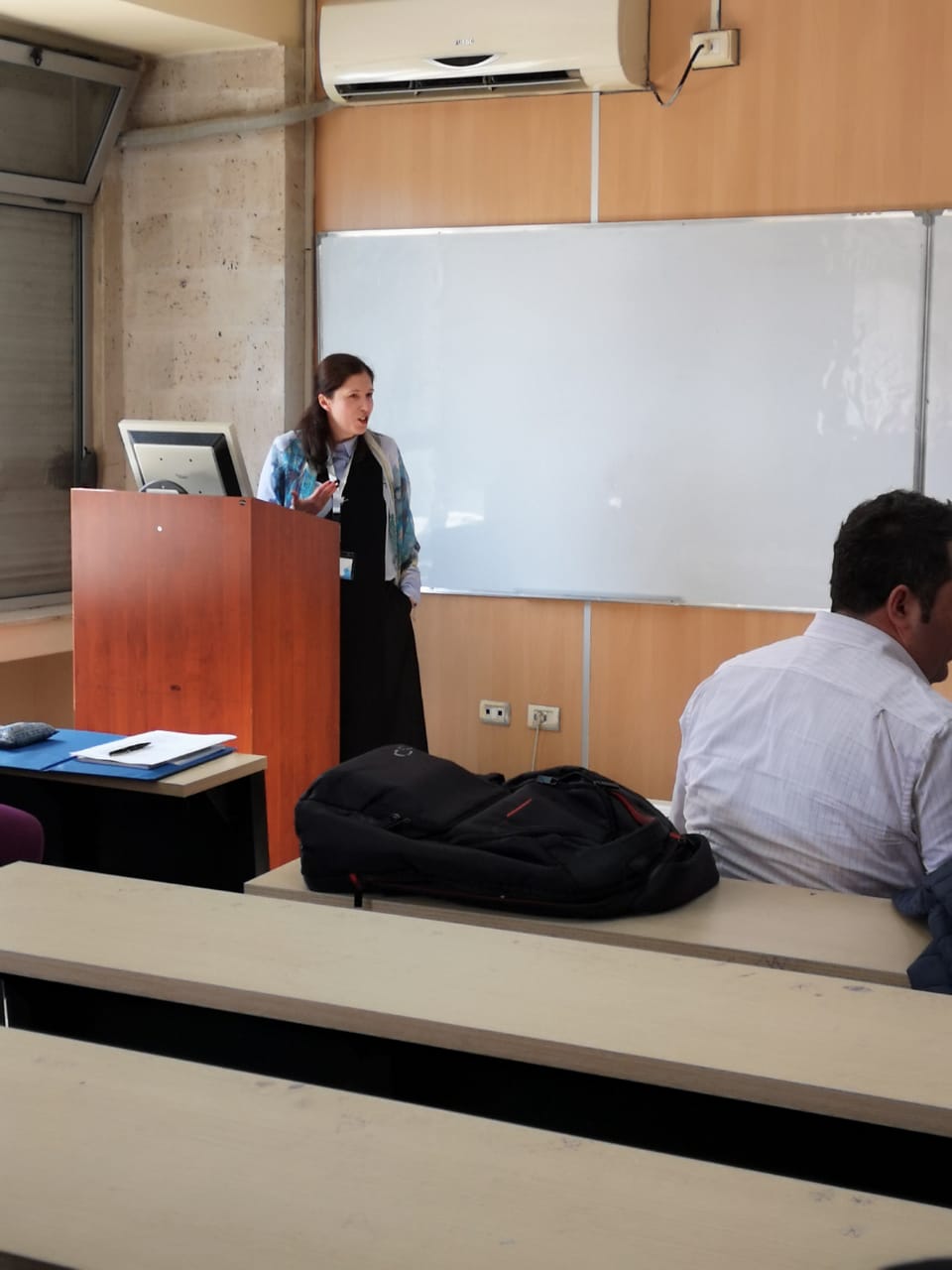PREVENTING FLOODS WITH THE SUPPORT OF NATURE
A university in Albania has developed a project to prevent flooding by installing biodegradable natural fibre logs and planting on riverbeds
04/12/2020
“She’s the kind of professor who inspires us to look deeper and research further on every topic,” says one of Professor Enkelejda Kucaj’s students at Polis University in Tirana, about her lectures on the environment.
Professor Kucaj brings the same inspirational passion to her research. As part of her PhD she developed a key study on pollution in the Lana and Tirana rivers in Albania. This work made her want to study an equally important and related topic – the prevention of river floods – but had to delay it. “Because of a lack of time and resources, I was just not able to deal with this problem,” she says.
“I have studied vegetation for 15 years, and one of the main conclusions for me is that nature restores itself if there is no human intervention”
An opportunity opens
However, a while later she was provided with an excellent opportunity to take on this significant challenge. The National Territorial Planning Agency of Albania invited Polis University to present innovative project proposals related to resilience to floods, droughts and extreme weather.
The invitation came as part of the EU-funded BRIGAID project that had opened a call for proposals. Professor Kucaj’s team at Polis University presented an innovative solution that was based on the adaptation of eco-friendly techniques to prevent river floods.
The proposal was approved and Professor Kucaj and her team of students and other colleagues from the university started to work on the implementation. The Erzeni River was selected as a testing site.

“I believe that the most important impact of this project is the involvement of students. They have been active in this project and they are ready to explore further”
Nensi Lalaj from the National Territorial Planning Agency (NTPA) is the local coordinator of the project. She explains that successful innovations to manage climate change are particularly challenging in Albania where people are not familiar with these concepts. It is therefore important to involve as many stakeholders as possible so that research, academia and end users can work together.
According to Lalaj, projects like BRIGAID also help a new generation to transfer their knowledge into practice. “I believe that the most important impact of this project is the involvement of students. They have been active in this project and they are ready to explore further,” she says.
The BRIGAID project is implemented by 24 partners from different countries; mostly universities, small and medium-sized enterprises, and research institutes. The consortium is led by the Technological University of Delft in the Netherlands and is financed by the Horizon 2020 programme of the European Union. The project partner in Albania is the National Territorial Planning Agency government department.
Find out more
Photo credits: Enkelejda Kuçaj, Nensi Alaj